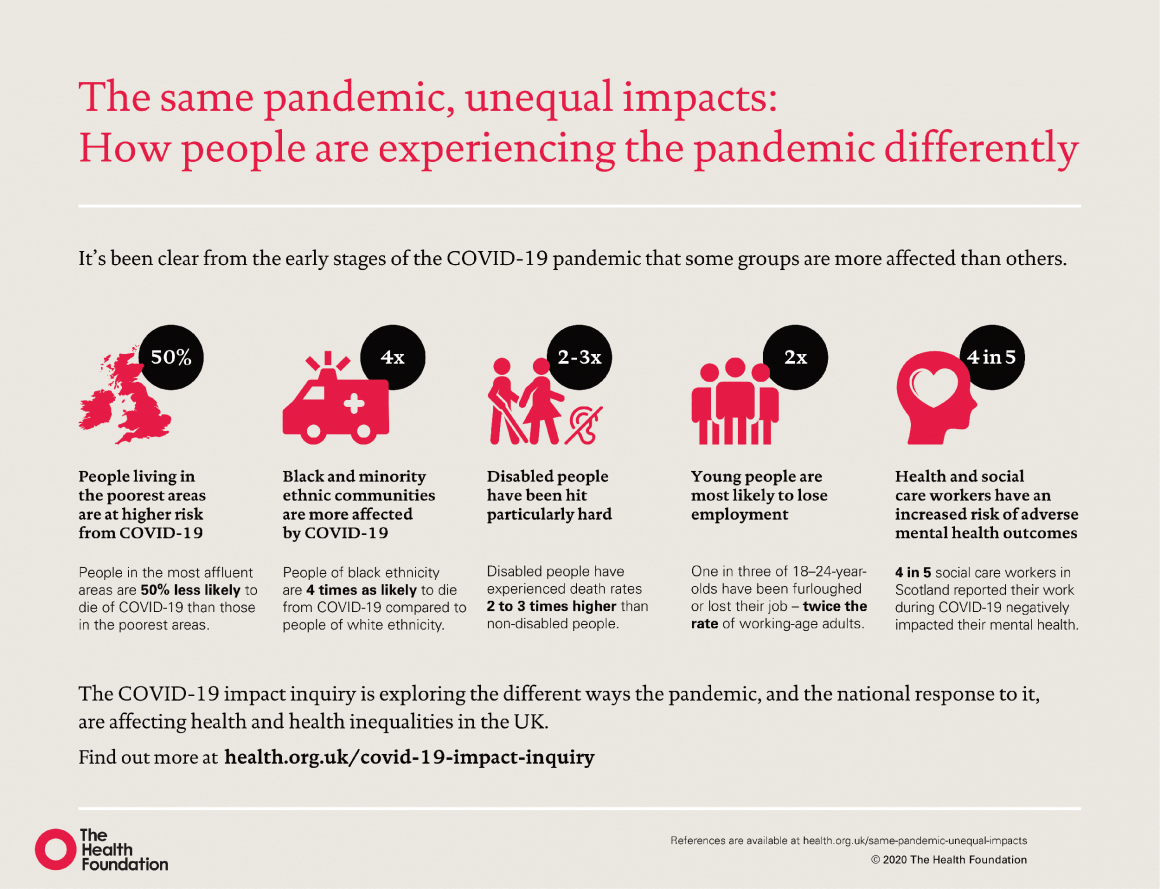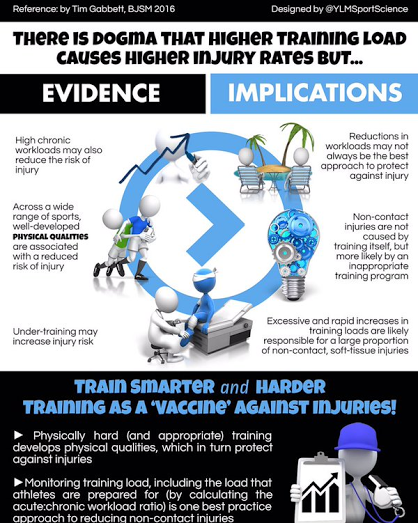
Navigating Mental Health Challenges Amid Epidemics: A Global Perspective
Epidemics not only threaten physical health but also cast a profound impact on mental well-being. This article delves into the intricate relationship between epidemics and mental health, exploring the challenges individuals face and the importance of addressing mental health on a global scale.
The Unseen Struggles: Mental Health Amid Epidemics
While the visible impact of epidemics is often measured in terms of physical health, the unseen struggles within the realm of mental health are equally significant. Individuals exposed to the stressors of epidemics can experience heightened levels of anxiety, depression, and other mental health challenges. Understanding these struggles is crucial for developing comprehensive public health responses.
Isolation and Social Distancing: A Double-Edged Sword
Epidemics often necessitate measures such as isolation and social distancing to curb the spread of infectious diseases. While these measures are crucial for public health, they come with a psychological cost. Human beings are inherently social creatures, and the forced isolation during epidemics can lead to feelings of loneliness, isolation, and exacerbate pre-existing mental health conditions.
Economic Uncertainty and Mental Stress
Epidemics bring about economic uncertainties that can contribute to mental stress. Job losses, financial instability, and an uncertain future can take a toll on individuals’ mental well-being. Addressing the economic aspects of epidemics is integral to mitigating the associated mental health impacts and fostering resilience within communities.
Grief and Loss Amplified
The loss of loved ones during epidemics is an undeniable tragedy. The grieving process is complicated by the circumstances surrounding epidemic-related deaths, including restrictions on traditional mourning practices. Grief amplified by these factors can lead to prolonged mourning periods, complicated grief reactions, and a heightened need for mental health support.
Frontline Workers: Mental Health Struggles in the Spotlight
Frontline workers, including healthcare professionals and emergency responders, face unprecedented challenges during epidemics. The intense and prolonged nature of their work, coupled with the constant exposure to trauma, places them at a higher risk of mental health struggles. Recognizing and addressing the mental health needs of frontline workers is imperative for sustaining an effective epidemic response.
Disruption of Mental Health Services
Epidemics often disrupt routine healthcare services, including those dedicated to mental health. Limited access to therapy, counseling, and psychiatric medications can worsen existing mental health conditions and hinder individuals from seeking necessary support. Maintaining and adapting mental health services during epidemics is crucial for addressing the growing demand for psychological support.
Stigma and Discrimination: A Barrier to Seeking Help
Stigma surrounding mental health remains a pervasive issue, and epidemics can amplify this challenge. Individuals may be hesitant to seek help due to fear of discrimination or judgment. Public health campaigns aimed at reducing mental health stigma become even more critical during epidemics to encourage individuals to seek the support they need without fear of societal backlash.
Global Solidarity for Mental Health
Addressing the mental health impact of epidemics requires a global approach. Recognizing that mental health struggles are universal and can affect anyone, regardless of geography or socioeconomic status, is essential. Global solidarity involves destigmatizing mental health, promoting awareness, and fostering international cooperation to ensure that mental health is prioritized in epidemic responses.
Building Resilience for Future Epidemics
As we navigate the complex interplay between epidemics and mental health, it becomes evident that building resilience is key. This involves integrating mental health considerations into epidemic preparedness and response plans, ensuring that mental health services are accessible to all, and fostering a global commitment to prioritize mental well-being during times of crisis.
A Call to Action: Prioritizing Mental Health in Epidemics
In conclusion, the impact of epidemics on mental health is a multifaceted challenge that requires a comprehensive and empathetic response. By acknowledging the unique struggles individuals face, addressing the societal factors that contribute to mental health stigma, and prioritizing mental health services on a global scale, we can foster a world where mental well-being is considered an integral part of public health.
For more information on the epidemic impact on mental health, visit Healthcare Systems.













